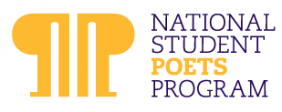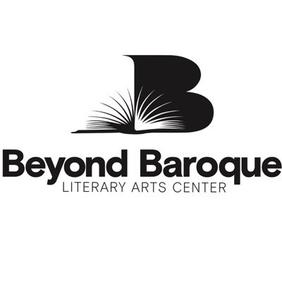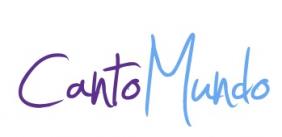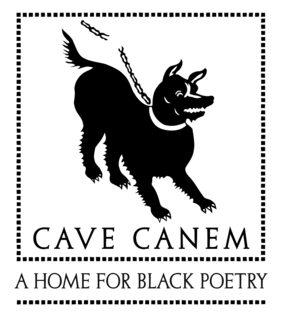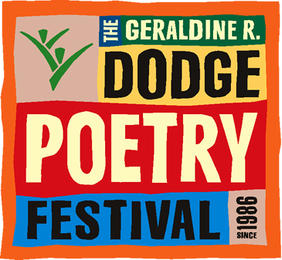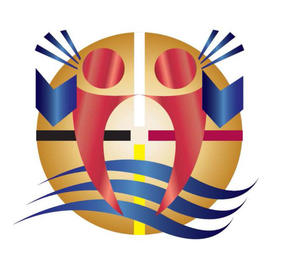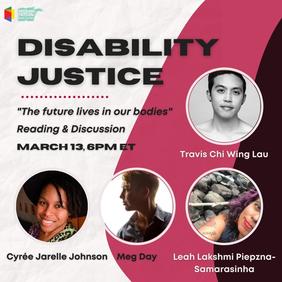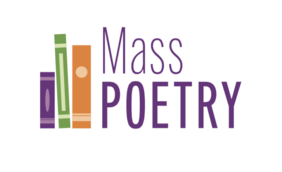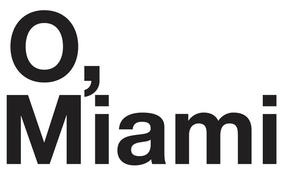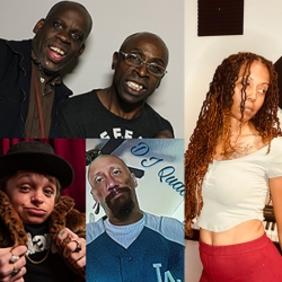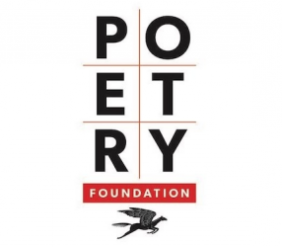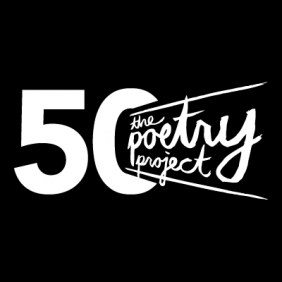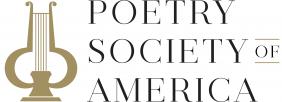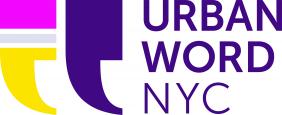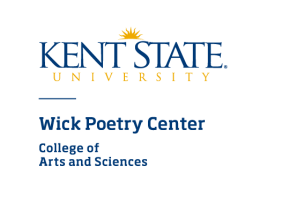Poetry & Disability Justice
The Poetry Coalition, an alliance of more than 25 independent poetry organizations across the United States, devoted March through July 2022 to exploring the theme “The future lives in our bodies: Poetry & Disability Justice” in a series of programs in eleven cities that reached an audience of more than 300,000 individuals nationwide.
The line “The future lives in our bodies” is from the poem “Femme Futures” by Leah Lakshmi Piepzna-Samarasinha.
Poetry Coalition members aim to demonstrate how poetry can inspire questions in their communities about disability justice and spark increased engagement with this important theme. Member organizations are committed to offering programming that is accessible and that includes disabled, neurodivergent, and d/Deaf poets and those of diverse racial, ethnic, and gender identities, backgrounds, and communities. All organizations and others interested were invited to create programs on this theme in 2022 and to share their efforts using the hashtags #DisabilityJustice and #PoetryCoalition
This was the sixth year Poetry Coalition members have come together to offer programming on a shared theme.
Additional Resources on Disability Justice:
Accessibility in the Arts: A Promise and a Practice
HEARD: The Revolution Must Be Accessible (ASL with English voice-over)
HEARD: The Revolution Must Be Accessible (English)
HEARD: La Revolución Debe Ser Accesible (Español)
HEARD: The Revolution Must Be Accessible (Text-Only)
Sins Invalid: 10 Principles of Disability Justice
Sins Invalid: Access Suggestions for a Public Event


